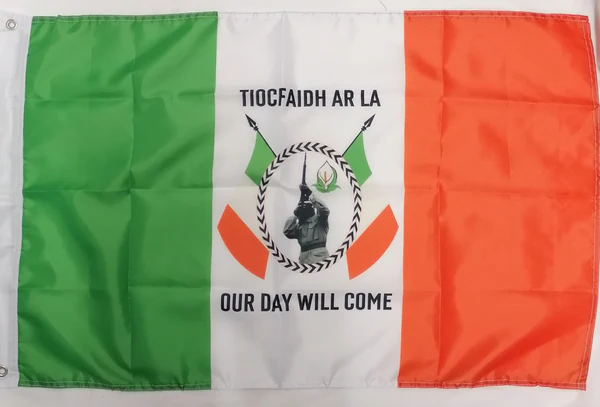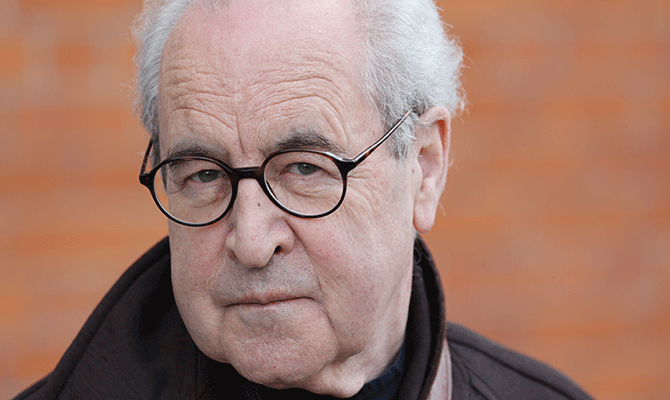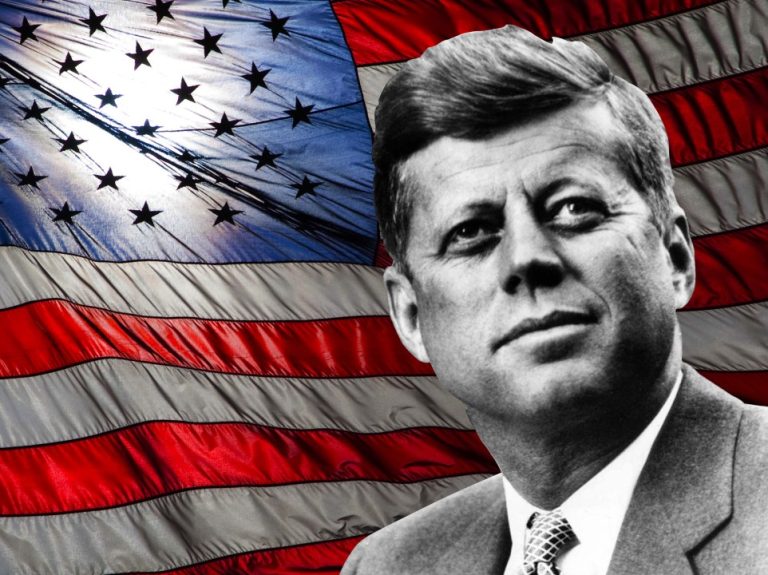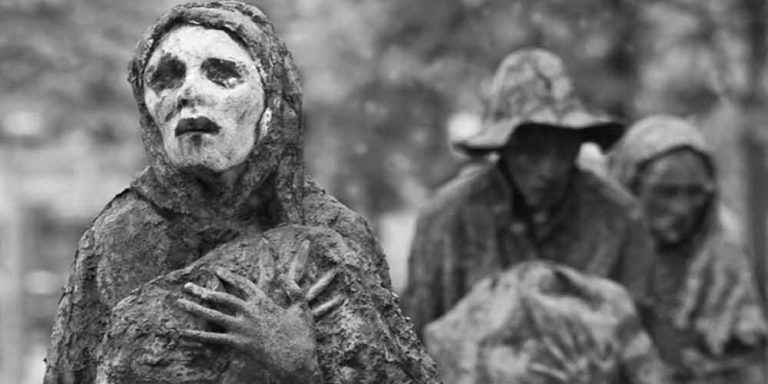
The phrase **”Our Day Will Come” in Irish**, known as **Tiocfaidh ár Lá**, is a powerful symbol of hope, resilience, and Irish identity.
Pronounced as “Chucky ar Law” (/ˈtʲʊki aːr ˈl̪ˠaː/), it translates to **“Our Day Will Come” in English** and is deeply tied to Irish republicanism, particularly Sinn Féin.
This article delves into the **Tiocfaidh ár Lá meaning**, its historical and political roots, pronunciation, cultural significance, and related Irish phrases, offering a comprehensive guide for those eager to understand this iconic expression.
Historical Roots of Tiocfaidh ár Lá
**Tiocfaidh ár Lá**, meaning **“Our Day Will Come”**, emerged as a rallying cry during the late 20th century, particularly during the Troubles (1960s–1998), a period of intense conflict in Northern Ireland. The phrase breaks down as **Tiocfaidh** (“will come,” from the Irish verb “tar”) and **ár Lá** (“our day”).
It encapsulates the hope for a united Ireland, free from British rule, and was popularized by Irish republicans, including the Irish Republican Army (IRA) and Sinn Féin. Its origins reflect centuries of struggle, from the 1916 Easter Rising to modern political movements.
The phrase’s emotional weight lies in its promise of a brighter future, resonating with those who envision a unified Ireland. Its historical significance connects to Ireland’s rich heritage, much like sites such as the Grianán of Aileach, a stone fort symbolizing ancient Irish resilience.
[Image: Irish republican mural – Alt Text: Mural featuring Tiocfaidh ár Lá in Belfast, symbolizing Irish unity]
Sinn Féin and Political Context
**Tiocfaidh ár Lá** is best known as the **Sinn Féin slogan**, embodying the party’s vision for a united Ireland. Sinn Féin, a leading Irish republican party, adopted the phrase in the late 20th century to galvanize support during the Troubles. It became a symbol of defiance and optimism, reflecting the belief that Ireland’s day of sovereignty would arrive. The phrase’s political roots make it a powerful, yet polarizing, expression, as explored in the **Is Tiocfaidh ár Lá offensive?** FAQ below.
Today, Sinn Féin continues to use the phrase in campaigns, speeches, and rallies, keeping it alive in Ireland’s political discourse. Its significance extends to cultural expressions, including **Tiocfaidh ár Lá tattoos**, which are popular among supporters.
Our Day Will Come Irish Pronunciation
The **Our Day Will Come Irish pronunciation** is **Tiocfaidh ár Lá**, pronounced as “Chucky ar Law” (/ˈtʲʊki aːr ˈl̪ˠaː/). Here’s a detailed breakdown:
- Tiocfaidh: Pronounced “Chucky” (/ˈtʲʊki/), with a soft “ch” sound like in “loch.” It means “will come.”
- ár Lá: Pronounced “ar Law” (/aːr ˈl̪ˠaː/), with “ár” sounding like “or” and “Lá” like “law,” meaning “our day.”
The anglicized version, “Chucky, ar la,” is often used informally, especially by non-Irish speakers. Mastering the pronunciation connects you to Ireland’s linguistic heritage, much like exploring the history of Grianán of Aileach.
Cultural Role and Controversy
**Tiocfaidh ár Lá** has a profound cultural impact, appearing in songs, murals, and **Tiocfaidh ár Lá tattoos**, symbolizing Irish pride and resilience. Its association with the IRA and Sinn Féin, however, makes it controversial. **Is Tiocfaidh ár Lá offensive?** To some, particularly unionists in Northern Ireland, the phrase evokes the violence of the Troubles and is seen as divisive. For republicans, it’s a legitimate expression of hope and cultural identity, reflecting a dream of unity.
A common **Tiocfaidh ár Lá response** is “Go dtí sin, tá sinn ag fanacht” (“Until then, we are waiting”), signaling patience and determination. The phrase’s cultural presence extends to modern Ireland, where it inspires art, music, and literature. Explore related cultural stories, like the myths of Grianán of Aileach, to deepen your understanding of Irish heritage.
Key Irish Phrases
| Phrase | English Translation | Context |
|---|---|---|
| Tiocfaidh ár Lá | Our Day Will Come | Hope for Irish unity |
| Dia duit | Hello | Daily greeting |
| Oíche mhaith | Good night | Farewell at night |
| Slán | Goodbye | General farewell |
| Mé féin | Myself | Emphasizing self |
Frequently Asked Questions
How do you say “Our Day Will Come” in Irish?
The phrase **”Our Day Will Come” in Irish** is **Tiocfaidh ár Lá**, pronounced as “Chucky ar Law” (/ˈtʲʊki aːr ˈl̪ˠaː/). It translates literally to “Our day will come” and is a cornerstone of Irish republicanism, symbolizing hope for a united Ireland. The term **Tiocfaidh** means “will come,” derived from the verb “tar,” while **ár Lá** means “our day.” Popularized during the Troubles, it’s associated with Sinn Féin and the IRA, often appearing in speeches, murals, and **Tiocfaidh ár Lá tattoos**. Its pronunciation and meaning make it a powerful cultural symbol.
What is the Sinn Féin slogan?
The **Sinn Féin slogan** is **Tiocfaidh ár Lá**, meaning **“Our Day Will Come” in English**. This phrase emerged during the Troubles as a rallying cry for Sinn Féin, a leading Irish republican party advocating for a united Ireland. It reflects the party’s belief that Ireland will one day achieve full sovereignty, free from British rule. The slogan’s historical roots trace back to the struggles of the 20th century, including the 1916 Easter Rising and subsequent conflicts. While it inspires republicans, its political connotations can make it controversial in some communities.
What is the Irish saying for “Our Time Will Come”?
The Irish saying for “Our Time Will Come” is **Tiocfaidh ár Lá**, which translates to **“Our Day Will Come”**. This phrase is synonymous with hope and resilience in Irish republicanism, expressing the belief that a united Ireland will eventually be realized. It’s a powerful symbol in political and cultural contexts, often seen in rallies, songs, and **Tiocfaidh ár Lá tattoos**. Its enduring popularity reflects Ireland’s complex history of striving for independence, resonating with those who share this vision.
What is the slogan of Ireland?
Ireland does not have an official national slogan, but **Tiocfaidh ár Lá** (“Our Day Will Come”) is a prominent phrase associated with Sinn Féin and Irish republicanism. It symbolizes the aspiration for a united Ireland, free from division. Unlike mottos like “Éire go Brách” (“Ireland Forever”), which carry broader patriotic sentiment, **Tiocfaidh ár Lá** is tied to a specific political goal, making it both influential and divisive. Its cultural significance is evident in its use in art, music, and tattoos.
How do you say “Chucky, ar la”?
“Chucky, ar la” is an anglicized pronunciation of **Tiocfaidh ár Lá**, the Irish phrase for **“Our Day Will Come”**. In standard Irish, it’s pronounced /ˈtʲʊki aːr ˈl̪ˠaː/, with “Tiocfaidh” sounding like “Chucky” and “ár Lá” like “ar Law.” The informal “Chucky, ar la” is often used by non-Irish speakers or in pop culture, including in **Tiocfaidh ár Lá tattoos**. Learning the correct pronunciation connects you to Ireland’s linguistic heritage, much like exploring sites like Grianán of Aileach.
How do the Irish say farewell?
In Irish, farewell is commonly expressed as **Slán**, meaning “safe” or “goodbye,” or **Slán go fóill**, meaning “goodbye for now.” **Slán** is a versatile, heartfelt farewell used in both casual and formal settings, reflecting Ireland’s warm culture. **Slán go fóill** adds a sense of temporary parting, implying future meetings. These phrases are common in Gaeltacht regions and among Irish speakers, enhancing your experience when visiting cultural landmarks like Grianán of Aileach.
What is the simple phrase “Dia duit” in Irish for?
**Dia duit** in Irish means “Hello,” literally translating to “God be with you.” It’s a traditional greeting used to warmly welcome someone, common in both daily life and formal settings. The response is often **Dia is Muire duit** (“God and Mary be with you”). This phrase reflects Ireland’s Christian heritage and friendly culture, making it a great phrase to learn before exploring sites like Donegal attractions.
What does “Oíche mhaith” mean?
**Oíche mhaith** in Irish means “Good night,” combining “oíche” (night) and “mhaith” (good). It’s used as a farewell at the end of the day, often in casual or familial settings. Common in Gaeltacht communities, it adds a touch of authenticity to interactions. Visitors can use it to connect with Ireland’s linguistic heritage, especially when exploring cultural sites like Grianán of Aileach.
What does “Mé féin” mean?
**Mé féin** in Irish means “myself,” used for emphasis in phrases like “Rinne mé féin é” (“I did it myself”). Combining “mé” (me) and “féin” (self), it’s a common expression in Irish conversation, highlighting personal action or identity. It reflects the expressive nature of the Irish language, enriching cultural experiences when visiting places like Grianán of Aileach.



